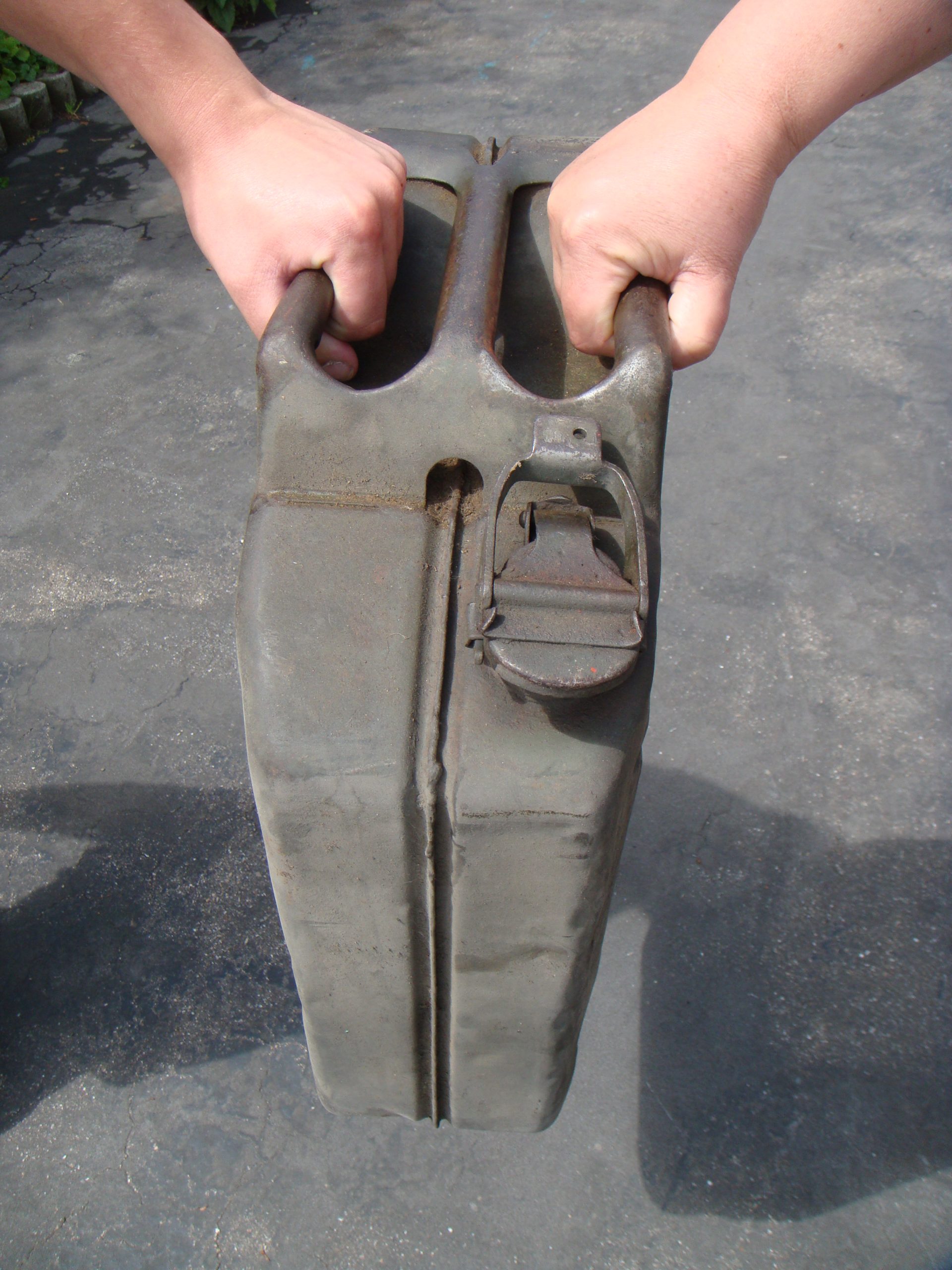The Dutch Ministry of Defence is encouraging students to work in the military after graduation. To this end, some two-hundred TPM bachelor students worked on military assignments as part of a modelling course.
The TPM students’ projects were all about modelling as a means to make the military more efficient. And why students? Students can think out of the box, was the reasoning of the Ministry. But was the collaboration to everyone’s satisfaction?
“At first, I was not that keen on collaborating with TU Delft,” says Lieutenant Colonel Arjen Wassink, a jolly man. “I don’t know anything about technology. I do know a little about models, though not the kind of models that are the centrepiece here, not about modelling.”
If you can cope with military humour and are not a pacifist, then yes, doing research projects for the military might be interesting. TU Delft lecturer Michel Oey (TPM faculty) sees some clear advantages. “We strive to include real-life cases in our courses so that students become familiar with their field of work during their studies.”
Yesterday, the two best groups of students presented their projects to Lieutenant Colonel Wassink and several of his army colleagues at the TPM faculty.
The winning project dealt with fuel supply during military exercises. Not many processes are as inefficient as the fuel supply. At present, large numbers of full jerry cans are transported to the location of the military exercises, recently to Poland for example. Once empty, these cans are transported back to the military’s refilling unit in Bathmen. And once filled, back they go to Poland.
The lid doesn’t fit
One reason for this cumbersome refilling system is that while every country in Europe has jerry cans and units to fill them, each country’s units and jerry cans are different. And each country’s jerry can has a different cap that only fits its refilling unit.
Delft students were tasked with working out a more efficient fuel supply system. One suggestion from the students was to either standardise the caps throughout Europe, or produce an accessory that can be added to all the jerry cans to allow filling on location. Another piece of advice was to enhance the collaboration within NATO. NATO could buy mobile refilling units, for example, that all the countries could use when on exercise.
Streamlining recruitment
The second group of students dealt with the challenges of recruitment. It looked at streamlining the physical and psychological assessments of candidates to optimise the selection process. Both groups worked on their assignments for ten weeks.
The goal of the collaboration between the faculty and the ministry is to “increase brand awareness among engineering students,” said Patricia Koome of the Ministry of Defence. “By reaching out to students, we hope that they think about the military as a career option after graduation. They can even work with us while studying, for example as Defensity College working students.”
In thanks for their efforts, the students won a flight in a hot air balloon.
Also read: Are you willing to do the dirty work?



Comments are closed.